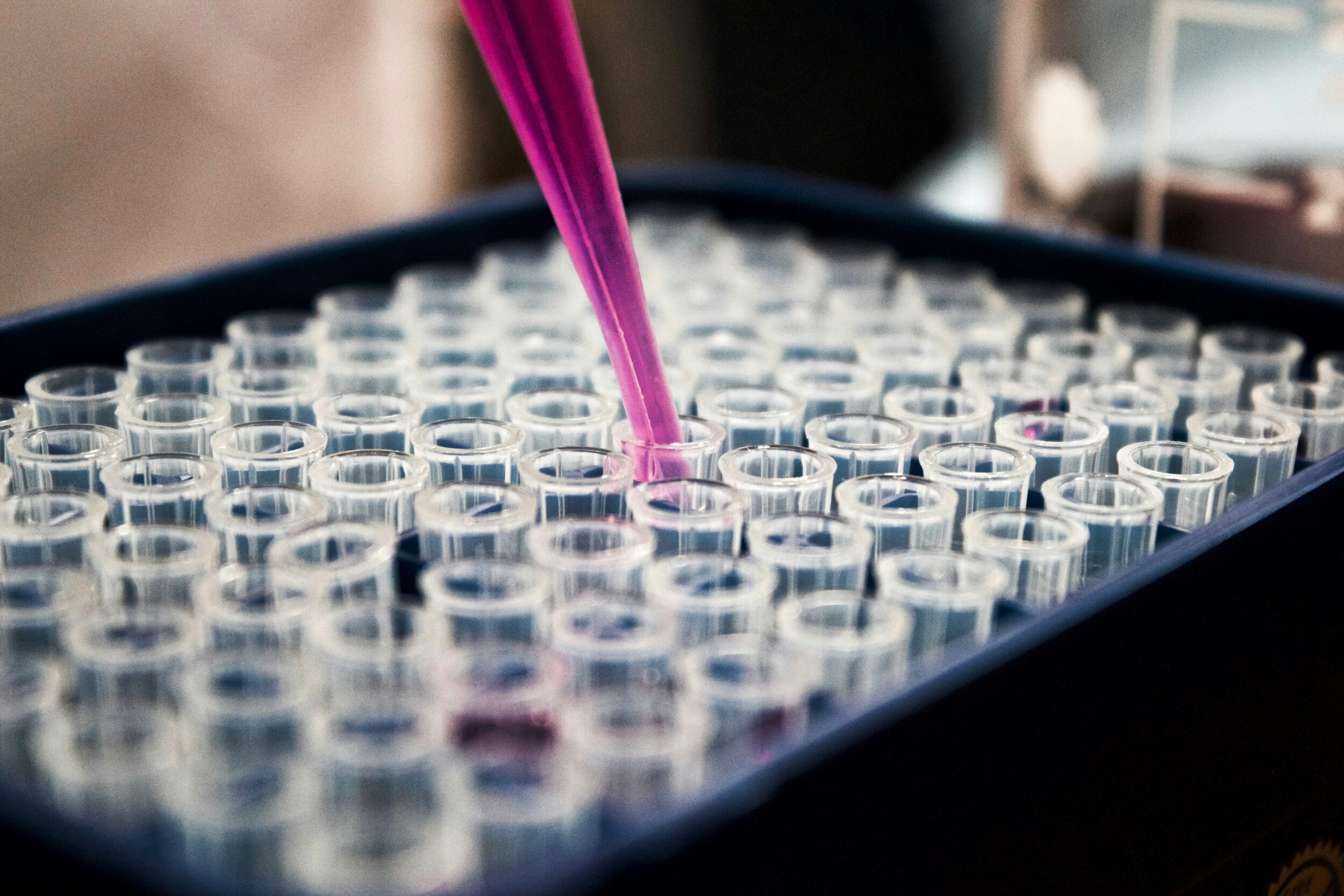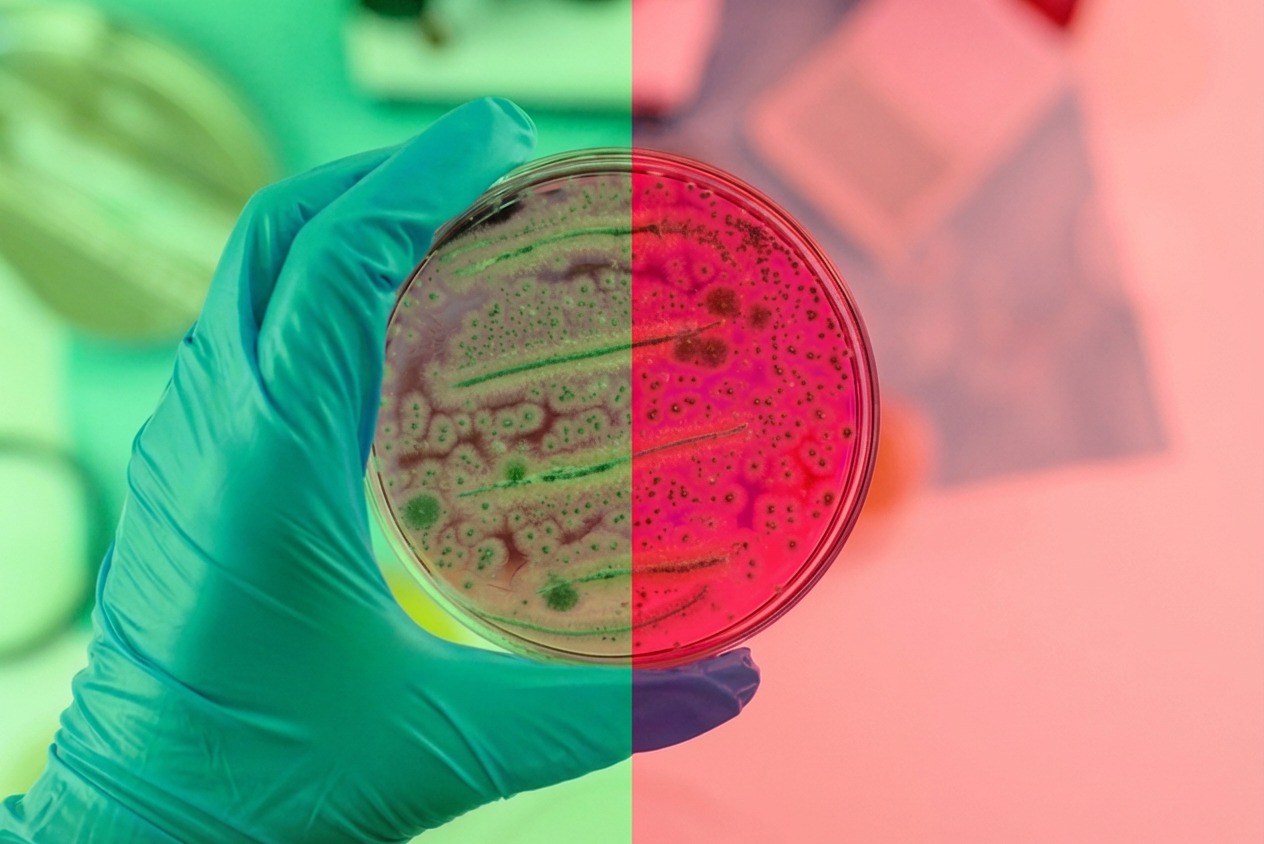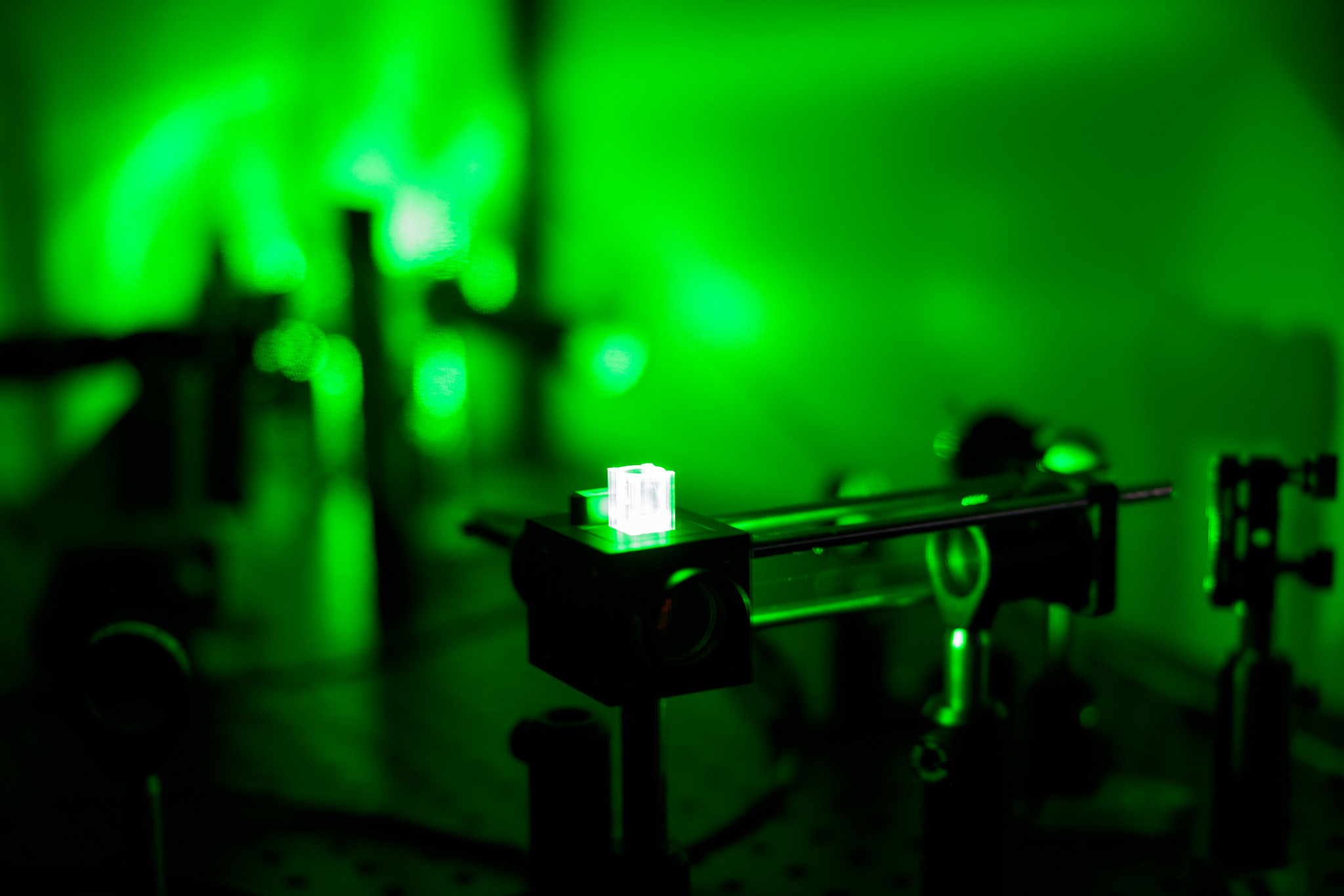Articles
All in one place
Our articles cover a wide range of scientific topics to captivate every curious mind. Whether you're drawn to science, technology, culture, or beyond, you can find an article you're interested in here.

What we're covering
You can view and download the digital editions of Science Victoria magazine here.
If you would like to have Science Victoria emailed to you each month, then please subscribe to our mailing list.
We’re always on the lookout for articles, letters, and news from Victoria’s science community. If you would like to write for Science Victoria, please check out our Guidelines for Authors.
.gif)
Discover how you can join the society
Join The Royal Society of Victoria. From expert panels to unique events, we're your go-to for scientific engagement. Let's create something amazing.











